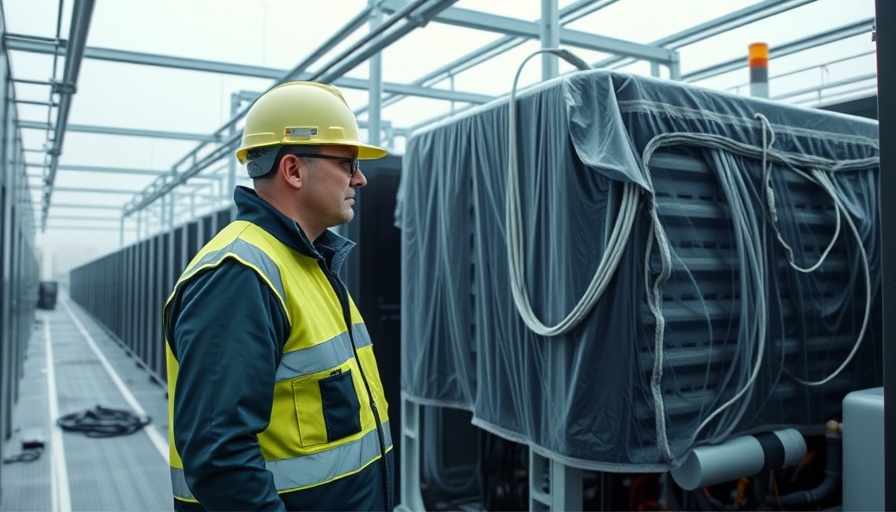
Revolutionizing Energy Use in AI Data Centers
In a groundbreaking move, Redwood Materials, one of the largest battery recycling companies in the U.S., is stepping up to address the considerable energy demands posed by AI data centers. By repurposing discarded electric vehicle batteries, the company is launching Redwood Energy, a new line focused on creating renewable-powered microgrids. This innovation means data centers can operate sustainably, reducing their reliance on traditional energy sources. This not only helps lower operational costs but also mitigates the environmental impact associated with power consumption, marking a significant stride toward cleaner tech.
The Widespread Adoption of Weight-Loss Drugs
The rise of weight-loss drugs such as Ozempic, Wegovy, and Mounjaro is reshaping both the healthcare and wellness industries. Initially intended for patients with diabetes, these medications have seen skyrocketing demand, leading to global shortages. While they offer effective weight management by suppressing appetite and lowering blood sugar, their side effects—ranging from nausea to more severe gastrointestinal issues—have sparked discussions among health professionals. As such drugs capture public interest, the medical community continues to explore both the immediate and long-term effects of their use, emphasizing the need for responsible prescribing practices.
Intersection of Technology and Healthcare
As technology evolves, so does its intersection with healthcare. The rapid deployment of AI in medical practices coupled with the popularity of weight-loss drugs highlights a trend towards technology-driven solutions in managing health. With AI enhancing diagnostics and treatment plans while also improving the effectiveness of drug development, it is crucial for both consumers and healthcare providers to stay informed about the potential implications. These developments underscore the importance of ethical considerations as we continue to navigate this evolving landscape.
Insights and Future Considerations
As we look ahead, the implications of these trends in technology and health are profound. Energy sustainability initiatives like those by Redwood Materials are essential in combating climate change and managing the high energy consumption of the AI sector. Simultaneously, the discussion surrounding weight-loss drugs must evolve to encompass not just the immediate benefits but also their long-term ramifications, stressing the importance of an informed society that can balance innovation with caution.
In conclusion, as we witness revolutionary changes in technology and health, it becomes increasingly vital for stakeholders in both sectors to engage in responsible practices. Whether through sustainable energy management in data centers or careful prescription habits for weight-loss medications, the decisions made today will shape the future.
 Add Row
Add Row  Add
Add 




Write A Comment